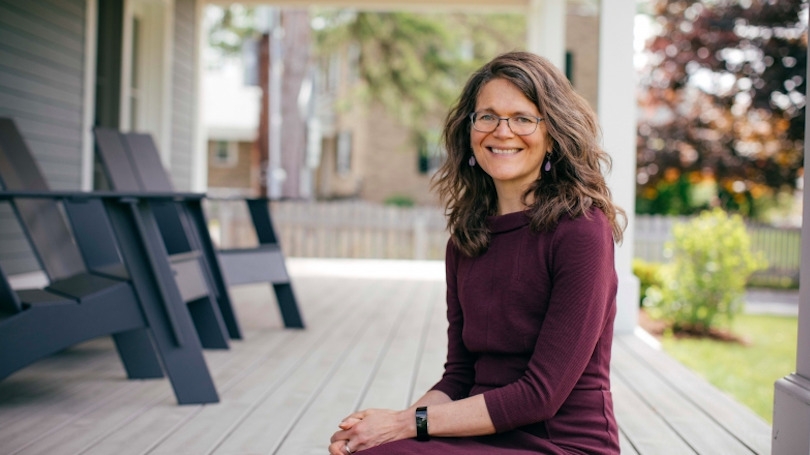
- About
- Departments & Programs
- Resources
- News & Events
Back to Top Nav
Back to Top Nav
Back to Top Nav
Dear Families,
This has been a busy month. Seniors intending to graduate submitted their degree applications. First-year students had the opportunity to attend a "reorientation" to our academic departments. Students who will be in residence this spring submitted their course elections. Sophomores nearing the end of their fifth term in residence are declaring their majors. As we approach spring break, some of you may find yourselves wondering why your students have chosen (or not chosen) particular courses, or how the major they've selected will lead to a job. It’s a good time to reflect on Dartmouth’s commitment to the liberal arts and the ways we encourage students to engage with the curriculum.
New York Times columnist Frank Bruni has written extensively about the value of a liberal arts education. In 2015, in a piece entitled “College’s Priceless Value”, he wrote: “…it’s impossible to put a dollar value on a nimble, adaptable intellect, which isn’t the fruit of any specific course of study and may be the best tool for an economy and a job market that change unpredictably.” https://www.nytimes.com/2015/02/11/opinion/frank-bruni-higher-education-liberal-arts-and-shakespeare.html. In a Wall Street Journal piece last March, creative strategist Michael Zimm noted “Majoring in philosophy, history or English literature will not consign a graduate to a fate of perpetual unemployment. Far from it. I say this as a trained classicist—yes, you can still study ancient Greek and Latin—who decided to make a transition into the tech world.” https://www.wsj.com/articles/if-you-want-your-child-to-succeed-dont-sell-liberal-arts-short-1520030546?ns=prod/accounts-wsj
As we tell students at Orientation, more than 50% will end up majoring in something other than they (or you as families) may have expected when they arrived at Dartmouth. Some will declare a major now, and change or modify it before they graduate. A few in each class year will become senior fellows, stepping outside the standard requirements to pursue projects for which the "intellectual scope and breadth of imagination goes beyond what can be accomplished by taking courses". Within the curriculum, we push students to stretch into unfamiliar fields. Even our graduating seniors still have opportunities to explore new disciplines and take that class they've always wanted to take before it's too late. Every course and academic department at Dartmouth develops complex problem-solving and critical thinking abilities, creativity, communication and persuasion skills, and the intellectual qualities your students will need in the rapidly changing world that lies ahead. We hope you'll encourage and support their choices.
Finally, as we approach the end of term and exam period, please do remind your students to ask for help if they need it. If they are struggling, we hope they'll talk to their professors, drop in to see an undergraduate dean during open hours, or make an appointment at the counseling center. Campus resources are standing by.
With best wishes,
Kathryn Lively
Interim Dean of the College
Professor of Sociology
South House Professor